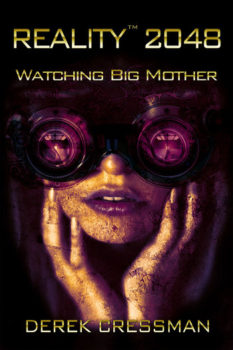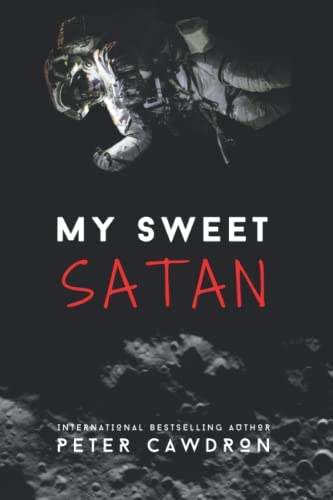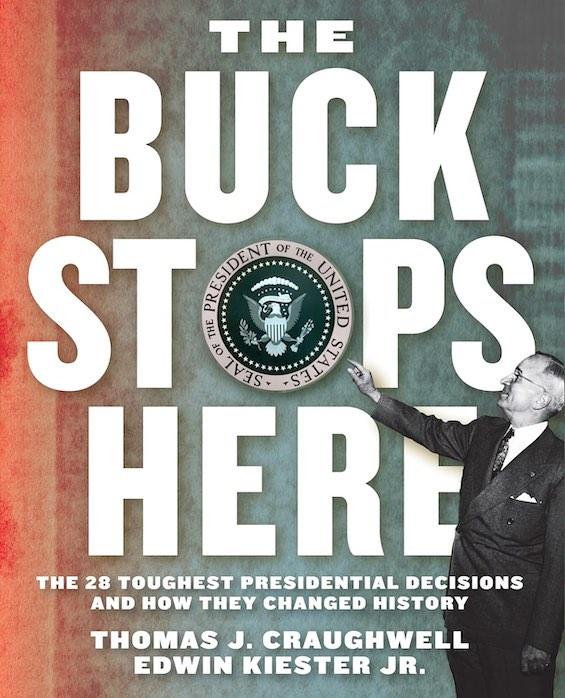
Have you wondered what American society might be like if Donald Trump wins a second term in office? Not what happens in 2020, but what the long-term consequences might be? It’s worth a good deal of thought. And Derek Cressman’s thoughtful new sci-fi novel, RealityTM 2048, presents one plausible scenario. You won’t be surprised to see that it’s not a pretty picture.
Reality 2048 is, of course, a novel. It’s the story of Vera, a woman of thirty-four with a tedious mid-level bureaucratic job. As she learns more about how her work is used, she grows steadily unhappier with the company that employs her—and attracted to the radical organization that seeks to overthrow the system. But Vera is one of the fortunate ones. Unlike most of the millions of others who live in Los Angeles, she lives in a comfortable apartment and owns a car. Should she be grateful? More and more, she thinks otherwise. Because the world of Globalia that she lives in is a terrifying place.
RealityTM 2048: Watching Big Mother by Derek Cressman (2019) 318 pages ★★★★☆
Economic inequality and massive climate change
For starters, Cressman’s portrayal of 2048 resembles today’s reality, only much more so:
- The gap between rich and poor has widened, with a handful of ultra-rich members of the Upper Establishment living in sybaritic luxury and the overwhelming majority of the population desperately struggling to survive.
- Climate change has so severely disrupted the world’s agriculture that only the wealthiest can afford real food. Nearly everyone else subsists on synthetic food supplied by two giant corporations, Cokaid and Pepsoilent. The equivalent of 3D printers, known as extruders, produce almost everyone’s meals. And the food is addictive, making people captive of one or the other of these two companies.
Language has degraded, and no one believes the news
In Reality 2048, no one cares about the news, or believes it, for that matter.
- Language has degraded through its systematic abuse by government officials and the corporate executives who control the powerful infotainment industry. News is communicated to the public in Effispeech, which substitutes symbols for most words and boils messages down to one-sentence headlines that are often highly misleading.
- Most of Globalia’s population is addicted to what was once called reality television—a show called Big Mother Gets Real and its seemingly endless spinoffs. And the Big Mother shows feature high-stakes dangers, with contestants losing limbs or even their lives. The same is true in the revived gladiator games that captivate the public, in which desperate men risk death for the chance to live another day.
- Those who are wealthy enough to afford the brain implants required are able to receive all their news and entertainment and to communicate wirelessly without making a sound. An app called Chatter makes one-to-one messages possible.
- The poor are known as Vues (for their addiction to viewing infotainment). Huge numbers are unemployed. Few can afford the brain implants common among members of the Establishment. Many lack even the resources to obtain the clumsy helmets that serve as a poor alternative.
Two predictions that seem less likely
Admittedly, it’s difficult to imagine that such wrenching changes might come about in just two decades. This story might work better set in the more distant future. The 2o90s, perhaps. But there are two specific areas in which Cressman’s scenario is a little hard to swallow.
- Cressman posits a bipolar world dominated by Globalia and Chinasia, which remain locked in a low-level perpetual war. Globalia represents what was once called the West, including Europe and the Americas. Most of Africa and the Middle East remain independent; they house the Fear Mongers (formerly called terrorists) who bedevil both great powers. What’s hard to believe about this is the assumption that the extreme nationalist nations of the West might coalesce into a single megastate. They’re nationalists, after all. And, sadly, the more believable trend is toward devolution, not integration.
- Cressman also suggests that the successor to the US Supreme Court—Globalia’s Tribunal of Educates—holds the real power, with the President little more than a figurehead. In the United States today, that trend is also moving in the other direction. However, Cressman’s view of a political system thoroughly dominated by the Establishment seems more on target: the people elect representatives in regional selections (formerly called selections), but the results are of little consequence. The superrich call the shots for the powers that be. That’s certainly what many of us already believe.
A nod to George Orwell and 1984
In many ways, Reality 2048 comes across as an effort to update Orwell’s 1984. The parallels are obvious, such as the slogans propagated by Globalia’s government (“Prosperity Is Freedom,” “Advertising Frees Speech”) and several references directly to Orwell himself. There’s even a statue of Eric Blair (Orwell’s real name) and a quotation from his work: “If liberty means anything at all, it means the right to tell people what they do not want to hear.” But “[t]he Tribunal of Educates exposed Orwellian doublespeak, so instead of twisting the truth, the firms just bury it in a sea of trivia.” Which in fact seems much more likely. And that seems to be the most prescient prediction of all in this engrossing new novel.
About the author
Derek Cressman is a California-based political reformer whose work over 25 years focused on removing big money from politics and increasing the transparency of campaign finance reporting. For many years, he was a senior executive of the nationwide nonprofit Common Cause. Cressman ran unsuccessfully for California Secretary of State in 2014. He is the author of two nonfiction books about politics. Reality 2048 is his first novel.
For related reading
For more good reading, check out:
- These novels won both Hugo and Nebula Awards
- The ultimate guide to the all-time best science fiction novels
- 10 top science fiction novels
- The top 10 dystopian novels
- Ten new science fiction authors worth reading now
And you can always find my most popular reviews, and the most recent ones, on the Home Page.



























